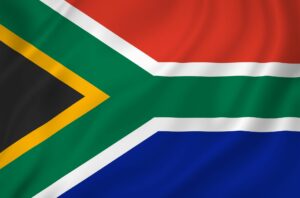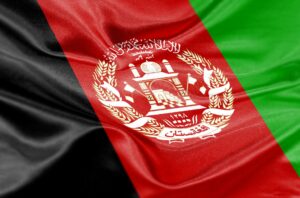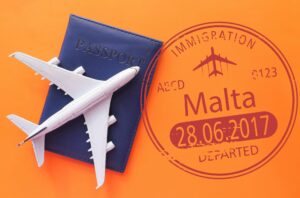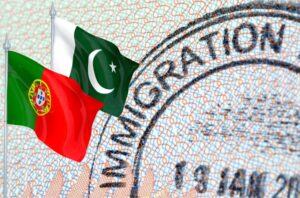Many are exploring the best countries to migrate from Pakistan in pursuit of better opportunities and an enhanced quality of life. Economic, social, and political factors drive the desire to relocate, with a myriad of destinations offering new beginnings and the promise of stability. We’ve looked into the various global regions that Pakistanis are considering for migration, each with its unique offerings and pathways to residency or citizenship.
From the economic hubs in the Gulf Cooperation Council and the vibrant cities of North America and Europe to the Caribbean’s serene islands and the Asia-Pacific’s dynamic societies, we’ve uncovered the intricacies and diverse cultural appeal of multiple countries that are welcoming Pakistani migrants. Whether seeking economic advancement, educational prospects, or a secure environment for your family, we will help you navigate the complexities of global migration and choose the best fit for your aspirations.
Global Migration for Pakistanis
Reasons for Migration from Pakistan
Pakistanis often seek new horizons when working abroad for various reasons. Economic challenges, like sluggish growth and a growing population, have led to more unemployment and underemployment. Many find that the local job market can’t offer them the wages or opportunities they need.
Natural disasters have also periodically turned lives upside down, and political instability has made many search for stability and security in other countries.
Key Factors to Consider When Moving Abroad
If you’re a Pakistani thinking about moving to another country, you’ve got a complex landscape of considerations to navigate to ensure a smooth transition. Visa requirements can vary and dictate how feasible your migration is. Knowing the job market is essential; it’s not just about job availability but also the demand for your specific skills and the competition you might face.
The cost of living can also vary widely between countries and even within different regions of the same country. You must carefully weigh these factors to make informed decisions about your future abroad.
Popular Migration Destinations
The destinations where Pakistanis migrate are diverse. The Gulf Cooperation Council (GCC) countries, like Saudi Arabia and the United Arab Emirates (UAE), have been popular because of the demand for low-skilled and semi-skilled workers, offering temporary employment opportunities. However, for those looking for longer-term relocation with the chance of family reunification, countries in Europe, such as the United Kingdom, Canada, and the United States, are often the top picks.
These destinations are attractive for the potential of a more stable life and the opportunities they offer. Countries like Australia, Germany, Qatar, Malaysia, and Singapore are known for their solid economies and job markets that welcome skilled professionals from abroad. These nations offer a mix of economic opportunity, quality of life, and, in some cases, pathways to permanent residency and citizenship.
Through the Ministry of Overseas Pakistanis and Human Resource Development, the Pakistani government is actively working to facilitate employment opportunities abroad. This effort is supported by the Bureau of Emigration and Overseas Employment, which aims to help and protect the rights of Pakistani citizens working overseas. Yet, there are still challenges in fully becoming immigrants and meeting the legislative requirements of destination countries.
Organizations like the International Organisation for Migration (IOM) and the United Nations High Commissioner for Refugees (UNHCR) play key roles in managing migration flows. They provide support services and help with community integration. The IOM’s projects in Pakistan cover a range of initiatives, from migration management to disaster risk reduction. At the same time, the UNHCR focuses on determining refugee status and providing essential services.
The International Labour Organisation (ILO) also works with the Pakistani government to ensure safe and fair conditions for Pakistani workers abroad, emphasizing ethical recruitment practices.
Despite these structured efforts, irregular migration is still an issue, with Europe and the Middle East being common destinations for those who turn to labor smuggling as a way to migrate. This highlights the need for ongoing attention to creating legal and safe pathways for migration that can offer Pakistanis the security and opportunities they’re looking for.
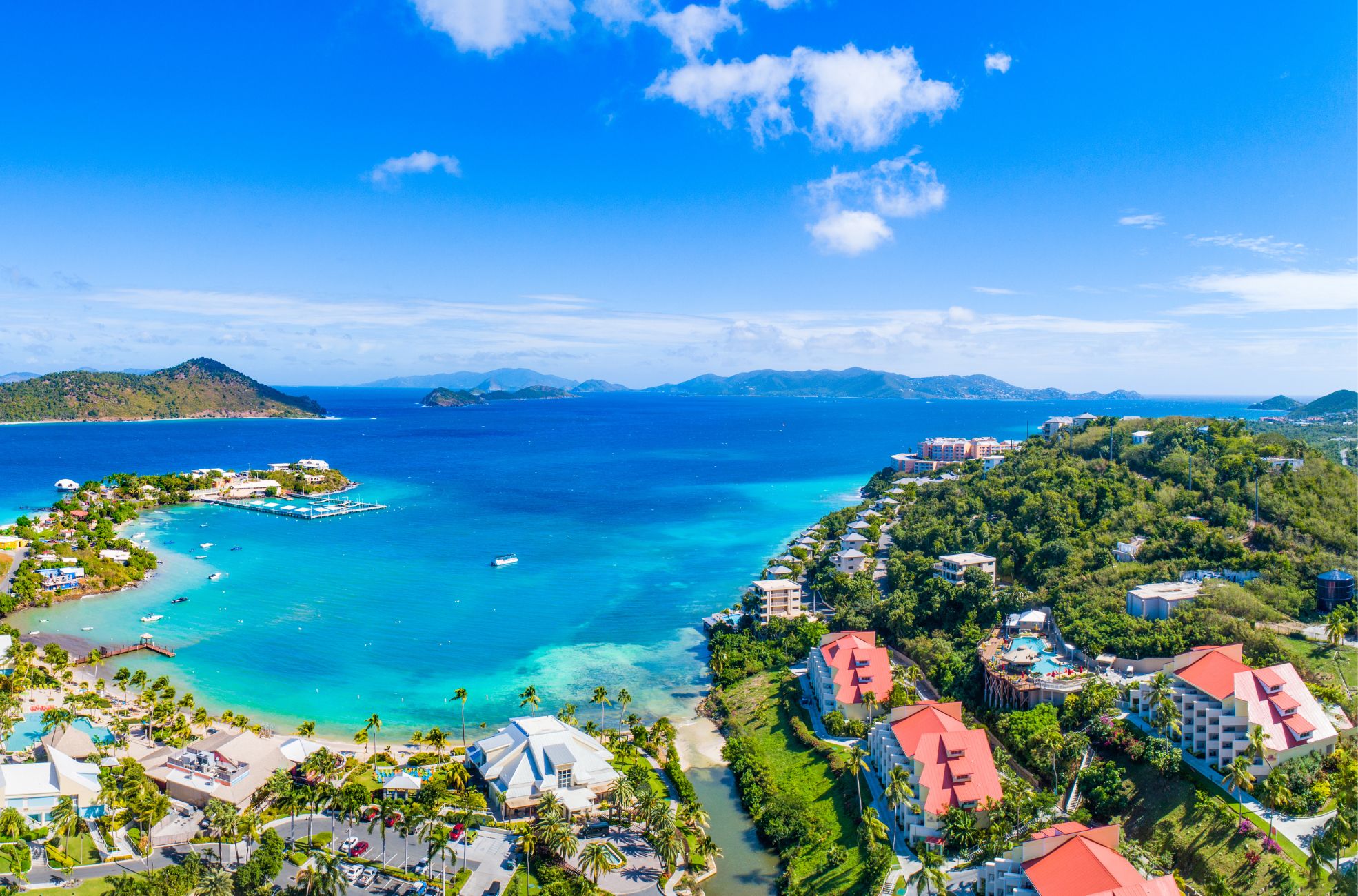
Caribbean Opportunities: Sun, Sea, and Citizenship
Antigua and Barbuda
For Pakistanis with substantial financial resources, Antigua and Barbuda’s Citizenship by Investment Program offers an opportunity to acquire a second passport. This program requires a minimum investment of USD 100,000 and grants citizenship, which includes visa-free or visa-on-arrival access to approximately 150 countries, including key business hubs and European territories.
The program stands out for its broad definition of family, allowing the main applicant to include their spouse and dependent children under 31, parents, grandparents over 55, and unmarried siblings. This can be particularly advantageous for those aiming to both secure employment and a prosperous future for their extended family. As a member of the Commonwealth, Antigua and Barbuda also provides certain privileges in the UK and other member countries.
Investment options are varied, including contributions to national development funds, real estate, or business ventures. The CIU is responsible for a rigorous application process, ensuring the program’s credibility. A minimum stay of five days within the first five years is required. Still, the island’s appeal as a secondary residence with convenient access to North America and Europe is significant.
Saint Kitts and Nevis
Saint Kitts and Nevis’s program, established in 1984, is recognized as one of the pioneering Citizenship by Investment initiatives. It offers lifetime citizenship to investors and their families, which is inheritable. The program’s flexibility is notable, allowing for the inclusion of a spouse, children under 26, and parents over 65, with the possibility of adding dependents post-citizenship.
The country does not impose a residency requirement, which is enticing for those seeking a second citizenship without relocation. As part of the Commonwealth, it also offers certain benefits. Eligibility criteria include being over 18 and choosing from contributions to the SISC, Approved Public Benefit Projects, or real estate investments.
Dominica
Dominica’s Citizenship by Investment Program is yet another option for Pakistani nationals, offering citizenship in exchange for a financial contribution. With a starting donation of USD 100,000, the program facilitates visa-free or visa-on-arrival travel to over 140 countries, including the UK and the Schengen Area.
The program allows the main applicant to include a spouse, dependent children under 31, and senior parents or grandparents. Dominica permits dual citizenship and does not require a residency period, providing considerable flexibility. The application process mandates a virtual interview for applicants and dependents over 16, ensuring comprehensive screening.
Dominica encourages its new citizens to engage with various sectors of its economy, offering incentives for investment. The citizenship by investment unit within the Ministry of Finance manages the program, with a typical processing time of three months for complete applications.
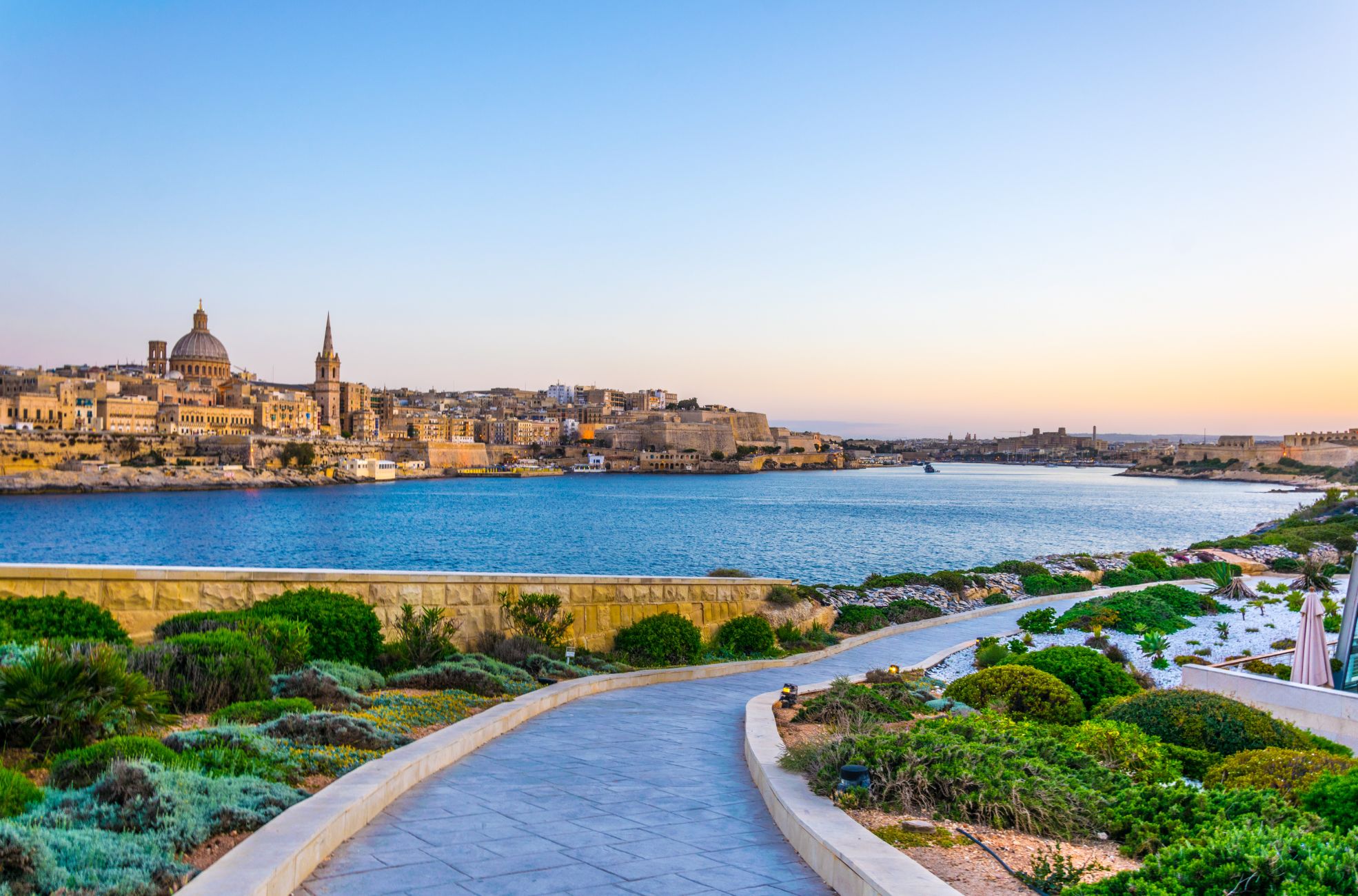
European Gateways
Malta’s Citizenship by Investment
Malta’s Citizenship by Investment Program could be an attractive option for Pakistanis looking to migrate to Europe. It’s been recognized as the world’s top program of its kind for seven consecutive years. Launched in 2014 through an amendment to the Citizenship Act, the program offers benefits like the sought-after European passport.
This passport allows visa-free travel and gives you unrestricted access to the European Union. That’s a big plus for business, education, and travel. Malta’s program is also designed to be tax-friendly.
If you take up residence in Malta but don’t establish a domicile, you’ll only need to pay taxes on income that’s generated within the country. That’s a significant perk for managing your tax liabilities effectively. The application process for Malta’s Citizenship by Investment is relatively quick, generally taking between 120 to 150 days.
The investment required is substantial, starting at USD 651,600 if you’ve lived in Malta for 36 months. There’s also a faster option at USD 814,500 for a reduced residency requirement of 12 months. Plus, a non-refundable donation of USD 705,900 to the National Development Fund is needed for the main applicant, with extra contributions for family members.
Keep in mind that getting Maltese citizenship doesn’t automatically make you a tax resident or establish your domicile status. That’s an important point to consider if you’re thinking about applying.
Portugal’s Golden Visa
Portugal’s Golden Visa is another popular route for Pakistanis seeking residency in Europe. This program has a range of investment options, each with its own set of requirements and perks. The Golden Visa lets investors and their immediate family live, work, and study in Portugal.
You’ll have access to top-notch healthcare and quality education systems. Plus, the visa makes it easy to travel visa-free within the Schengen Area, which includes many European countries. If you meet certain conditions, you can apply for Portuguese citizenship after five years of legal residency.
To qualify for the program, you must be of age, have the financial means, and maintain a clean criminal record. You’ll also need a Portuguese fiscal number and a bank account to start the application process. The costs for the Portugal Golden Visa go beyond the investment itself and include government and legal fees, among others.
Initially, the visa is good for one year and can be renewed for two more two-year periods. This path leads to permanent residency and opens the door to citizenship after five years of legal residency. It’s a long-term solution for those wanting to relocate.
Both Malta and Portugal’s immigration programs are in high demand, drawing thousands of investors each year. The Mediterranean lifestyle attracts them, as access to the Schengen Area and the high standards of healthcare and education. The Malta Permanent Residence Program and the Portugal Golden Visa Program have significantly contributed to their respective economies, with Portugal’s program bringing in over USD 5.6 billion through more than 10,000 investor visas.
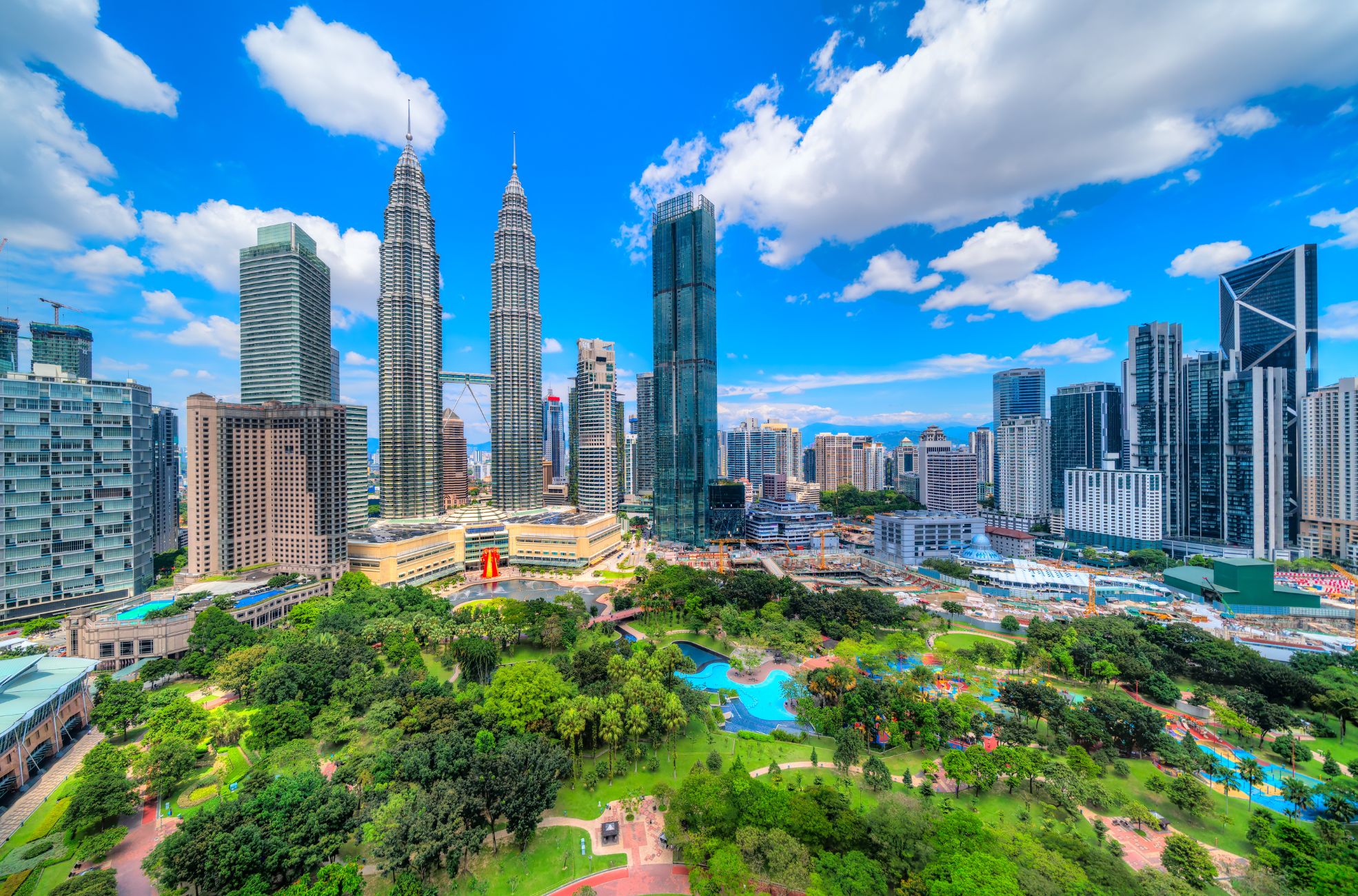
Asia-Pacific Allure: Residency and Citizenship Options
Singapore
Singapore offers a coveted permanent residency (PR) status that’s accessible if you’ve been employed in the country for at least six months as a work pass holder. PR status in Singapore comes with a host of benefits, such as the ability to live, get a work visa here, and travel in and out of the country without needing separate visas. You can also sponsor your spouse and unmarried children under 21 for PR status and apply for long-stay visas for your parents.
The flexibility of the Singapore PR is evident in the ease with which you can change jobs without reapplying for a work permit. You’re also integrated into the country’s pension system, the Central Provident Fund (CPF), which allows for a lump sum withdrawal at retirement age. When it comes to property ownership, you’re given priority to secure housing loans. You can buy second-hand units of government flats.
Healthcare is another area where PR holders benefit from gaining access to both government and private healthcare facilities. However, male PR holders are required to enlist their sons for military service. The process for obtaining PR status typically takes 6 to 12 months. After a certain period, you may apply for full citizenship. Singaporean PR allows you to reside in the country for up to 20 years, enjoying a high standard of living and access to privileged services.
Thailand
Thailand presents several residency options, including the Thailand Privilege Residence Program, managed by the Thailand Privilege Card Company Limited (TPC). This program offers various tiers of residency, from a 5-year Gold card to a 20-year Elite card, which is by invitation only. Each tier has its own set of benefits and costs, and an application fee is required upon submission.
Another attractive option is the Long Term Residence Program, which caters to different categories of individuals such as Wealthy Global Citizens, Wealthy Pensioners, work-from-thailand professionals, and Highly Skilled Professionals. This program allows for up to ten years of residency, with the added perks of reduced administrative requirements and tax benefits. It’s designed to attract affluent individuals and professionals who want to live and work in Thailand.
Malaysia
The Malaysia My Second Home (MM2H) Program is a long-term visa scheme that lets foreigners live in Malaysia. To be eligible for MM2H, you must meet certain financial and medical requirements. This program is especially appealing to retirees and those with independent means who want to establish residency in Malaysia.
MM2H visa holders can purchase property without the usual restrictions and can import a car tax-free under certain conditions. While the MM2H visa doesn’t allow you to work in Malaysia, there are exceptions, and it doesn’t lead to permanent residency or citizenship. Initially valid for ten years, the MM2H visa is renewable as long as you continue to meet the financial criteria.
You’ll need to show a minimum offshore income and are required to open a Fixed Deposit account in a Malaysian bank with a specified amount. The MM2H visa offers a renewable multiple-entry visa that lasts up to 5 years, favorable conditions for property purchase, and the option to include family members in your application, making it an attractive option for those looking for a long-term stay in Malaysia.
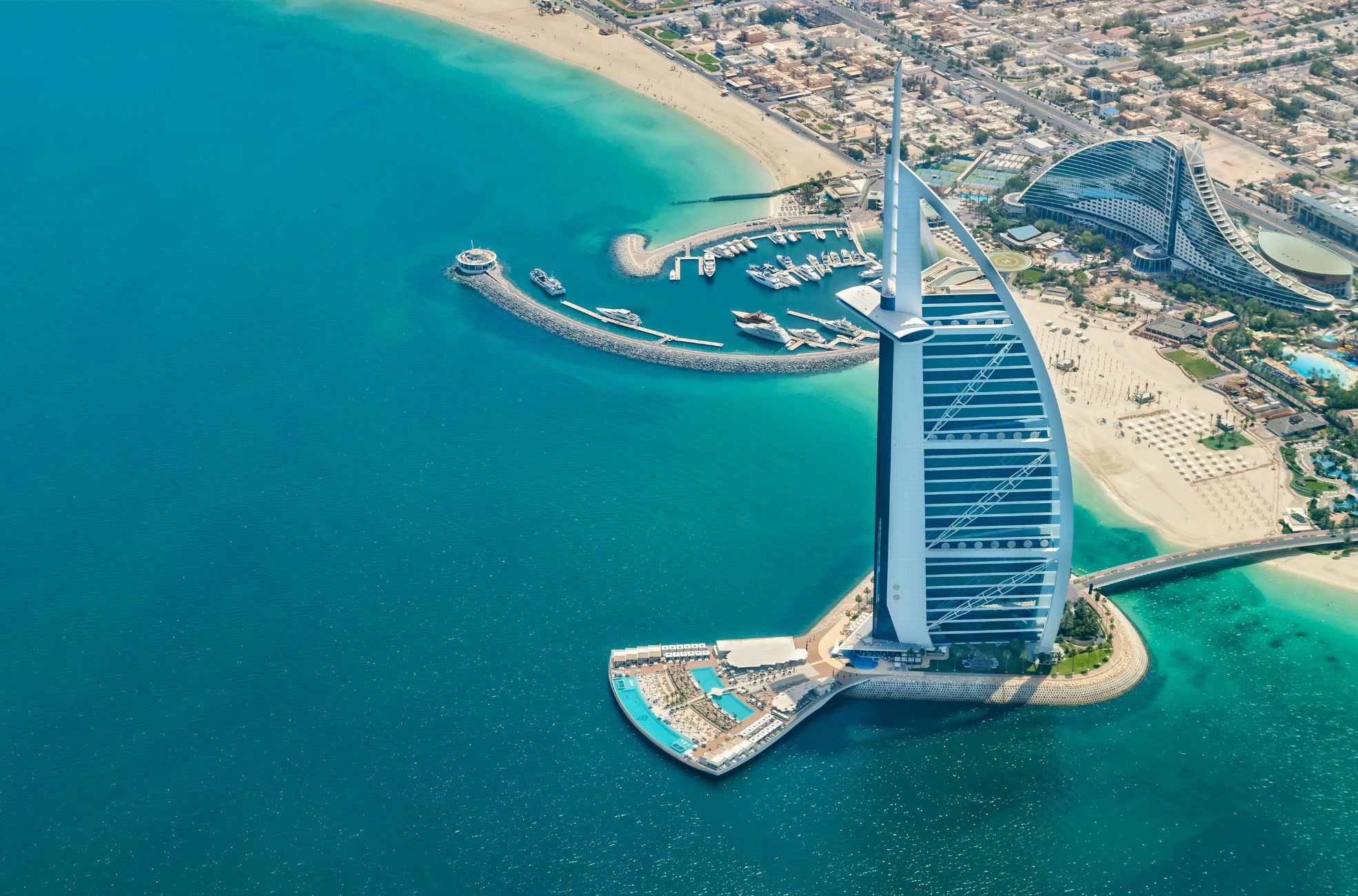
Middle Eastern Luxuries
UAE’s Golden Visa
The UAE Golden Visa scheme offers a pathway for foreign investors to secure long-term residency and, in some cases, citizenship through economic contributions.
This program particularly appeals to Pakistani citizens, who’ve shown an increasing interest in investing in UAE real estate to gain residency permits. The Golden Visa offers various residency durations, from five to ten years, and it’s renewable.
It opens up a world of opportunities, including the chance to live, work, and study in the UAE without needing a national sponsor. It also makes international travel easier, letting holders skip the hassle of multiple visa applications. For entrepreneurs, the Golden Visa simplifies the process of applying for a business visa. It uniquely allows 100 percent ownership of their business on the UAE’s mainland.
Another major perk is family inclusion. Visa holders can sponsor their family members, including spouses and children, no matter their age. The eligibility criteria for the Golden Visa are broad, catering to a diverse group of investors, entrepreneurs, and professionals in fields like medicine, engineering, and the arts, as well as top students.
The investment requirements vary. You could invest a minimum of AED 10 million in the public sector for a 10-year visa or purchase real estate for a 5-year visa. Another route is owning a business with a minimum capital of AED 500,000 for a 5-year visa.
Top-performing high school students and university students with high GPAs can also qualify. However, all applicants must pass a thorough security check, have a clean criminal record, and demonstrate financial stability to support themselves in the UAE.
Turkey’s Citizenship by Investment
Turkey’s Citizenship by Investment Program offers a strategic location at the crossroads of Europe and Asia, giving investors access to extensive markets. To qualify for Turkish citizenship, investors must meet certain investment thresholds.
These include buying real estate valued at a minimum of USD 400,000 or making fixed capital contributions of at least USD 500,000. You could also deposit USD 500,000 in a Turkish bank or invest in government bonds, real estate, or venture capital investment funds for the same amount. Another pathway is creating jobs for at least 50 people, contributing to the country’s social structure.
The program allows the main applicant to include their spouse and dependent children under 18 and children with disabilities of any age. Successful applicants need to visit Turkey to provide biometric data for the residence application. The process is efficient, with applications typically approved within three to five months, after which citizenship documents are issued.
Investing in Jordan
Jordan offers another option for acquiring Middle Eastern citizenship through investment. This option is attractive due to Jordan’s political stability in a region that can be tumultuous. Citizenship is especially appealing to individuals from neighboring countries facing socio-political challenges.
Jordan offers various investment options, such as placing a zero-interest deposit of USD 1 million at the Central Bank of Jordan for three years. Investors can also purchase treasury bonds, buy shares in Jordanian companies, or start an investment project with a specific capital threshold that creates jobs. The investment must be maintained for a set period, and applicants must provide documentary evidence during the application process.
Each Middle Eastern country offers unique opportunities and advantages for investors. These Citizenship by Investment programs allow you to broaden your global presence. Your choice of country will depend on your financial capacity, preferred lifestyle, and long-term goals.
Your World of Opportunities
Choosing a destination for migration encompasses lifestyle aspirations, economic benefits, and the quest for a better future. The programs and countries we’ve discussed offer a tapestry of opportunities designed to match the diverse needs of Pakistani migrants. Whether it’s the sunny Caribbean, the historical allure of Europe, the dynamic Asia-Pacific region, or the opulent Middle East, each path presents its own tapestry of benefits, from quality of life to business and job prospects.
Embarking on the journey of migration signifies more than a physical move; it’s about taking a bold step toward new possibilities. So, as you weigh your options, consider the impact on your life narrative and how these opportunities can redefine your future. The world is brimming with potential; find your place in it.

FAQs
Which Country Gives Pakistanis Citizenship Easily?
Among the countries known for their relatively straightforward citizenship by investment or residency programs, Dominica stands out for Pakistanis. It offers one of the most affordable and least complicated paths to citizenship, requiring a significant investment in either the country’s Economic Diversification Fund or approved real estate. The process is efficient, with the possibility of obtaining citizenship within a few months without a residency requirement.
Where Do Pakistanis Immigrate the Most?
Pakistanis have historically gravitated towards several key destinations when considering immigration for better employment, education, and lifestyle opportunities. The United Arab Emirates (UAE) and Saudi Arabia are top destinations due to their proximity, economic opportunities, and significant Pakistani communities. The United Kingdom, Canada, and the United States also rank highly due to their robust Pakistani diaspora communities, strong economy, comprehensive support systems, and diverse opportunities.
Which Country is Easiest to Immigrate To?
For Pakistanis looking for an easy immigration process, Portugal’s Golden Visa program is highly attractive. It requires an investment in real estate or a significant transfer of funds, but it offers a relatively straightforward path to residency. The program does not have stringent residency requirements, and holders can apply for citizenship after five years. This program is especially appealing due to Portugal’s pleasant climate, high quality of life, and position as a gateway to the European Union.
Which Country is Best for Job Opportunities for Pakistanis?
The United Arab Emirates (UAE) is often considered the best country for job opportunities for Pakistanis, owing to its dynamic economy, diverse job market, and large Pakistani expatriate community. The UAE’s tax-free income and investment in construction, tourism, and business services offer wide-ranging and diverse job opportunities for skilled and unskilled workers. Its proximity to Pakistan and cultural similarities make it an attractive destination for Pakistani job seekers.


